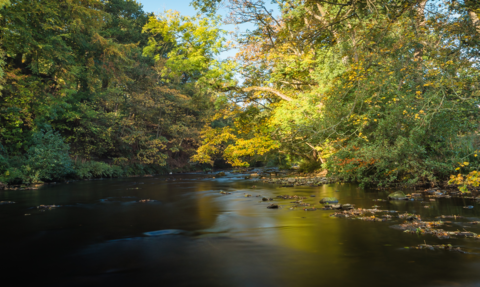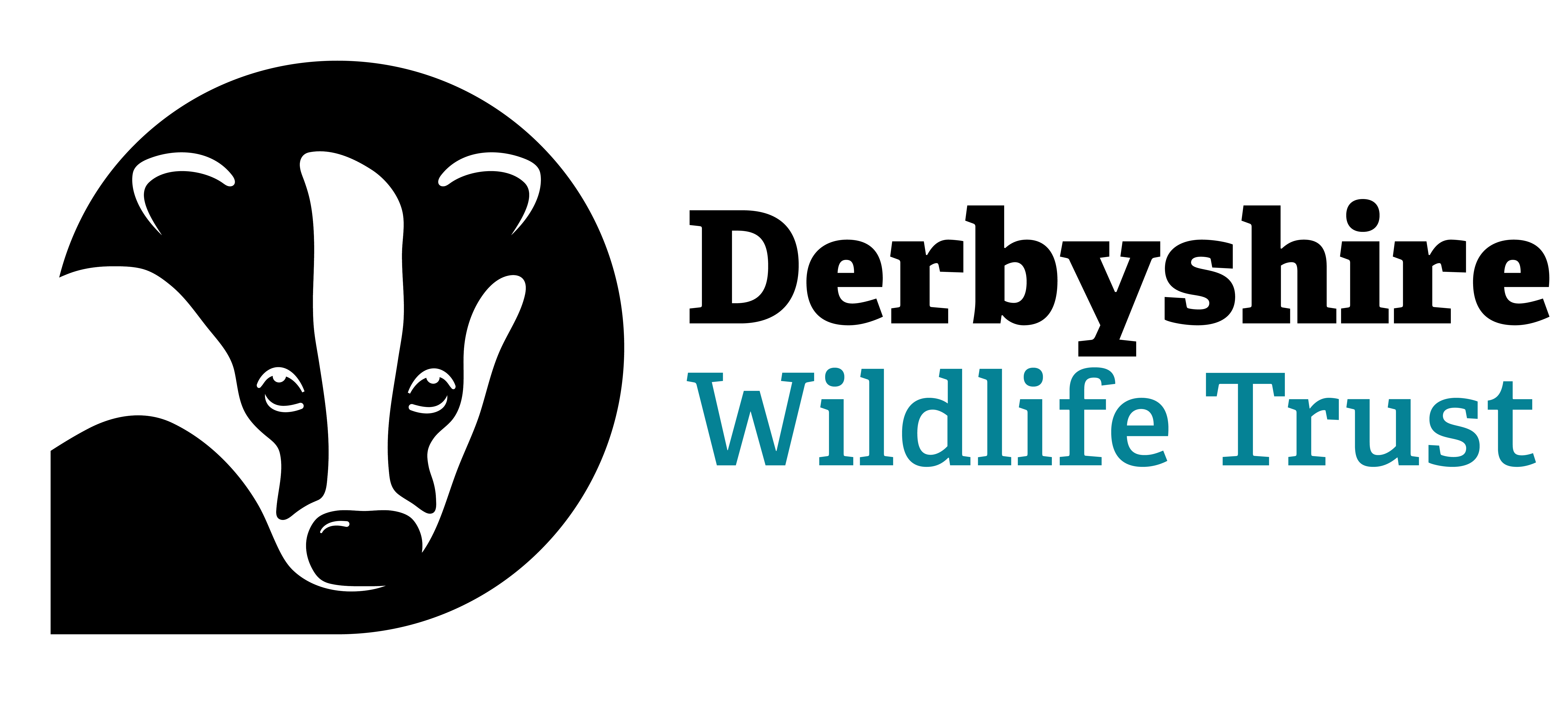
River Derwent Charter
Exposed to a chemical cocktail of pollutants and stripped of its natural resilience, the Derwent is in crisis. Pollution, littering, over-abstraction, the spread of invasive species, increasing rainfall seasonality, and over-modification of natural watercourses—human-induced pressures—are driving the ecological destruction of our Derwent.
Societal change is required to fix this picture, but this is happening too slowly at a national level. A local approach is needed both to gather evidence of pollution and to campaign for a better future.
We’re asking councils along the catchment to adopt the River Derwent Charter, six simple and achievable actions elected representatives can utilise to restore rivers to health and secure clean water.
What’s wrong with the Derwent?
In 2021, it was reported that the River Derwent was the fifth most polluted in England, based on the number and duration of sewage incidents. In 2022, Derbyshire Dales was the 22nd most polluted constituency in all of England and Wales, in the top 5%. In 2024, a study revealed that a Derwent tributary, Brook Head in Tideswell, had the highest levels of pharmaceutical pollution of 37 test sites across all of England’s national parks. Brook Head had higher drug pollution levels than at urban sites in London, Leeds and Belfast. Such pollution likely originates from sewage.
The system is broken, and there are no drivers for meaningful change. National regulations go largely unenforced and are ineffective even when they are because penalties aren’t pushing polluters to change their ways. The last government withdrew £100 million from nature (and river) friendly farming subsidies and restoration work, which is similarly underfunded and undervalued.
It’s not just pollution that casts a worrying picture. Invasive species like Himalayan Balsam and Signal Crayfish pose devastating threats to native wildlife which, if left unchecked, will wreak havoc on an already fragile ecosystem. The Derwent itself is far from its natural state. The river that kick-started the Industrial Revolution suffered centuries of straight-jacketing and pruning at the expense of its capacity to support life. Sections have been concreted and habitats and natural flows fragmented by man-made obstacles. Practices like dredging strip the Derwent of the complexity it needs to support species like the Atlantic salmon. On land, habitat loss, soil, and peat degradation mean that the Derwent is missing out on a pollution filtering and flood risk-reducing life support system.
Why Councils?
The scale of the problem requires action across all parts of society, from individual behaviour changes to the Supreme Court. National change won’t happen at the pace required to help the Derwent now, and legislation passed by the last Government gave the Secretary of State powers to revoke some protections for wildlife unilaterally, so we can’t rely on the opinions of ministers alone to safeguard our rivers, never mind restore them. Elected representatives of our local communities have the power to make a considerable difference in rivers and waterways and can do so quickly.



